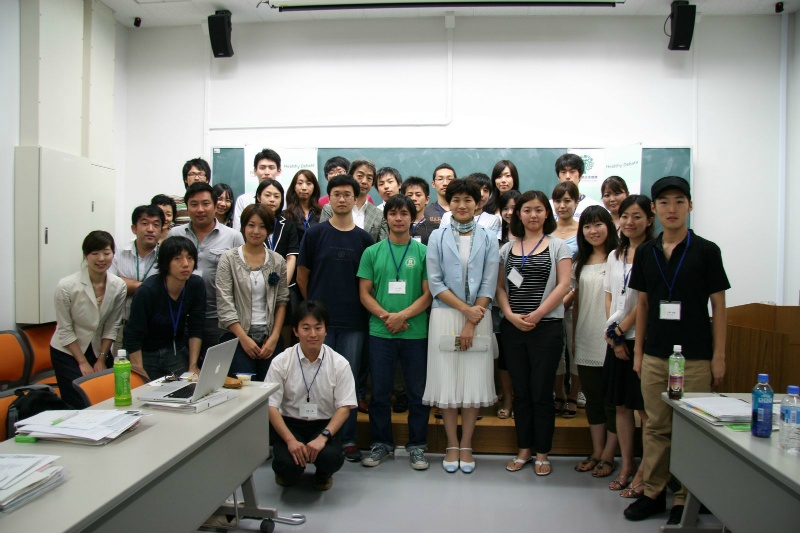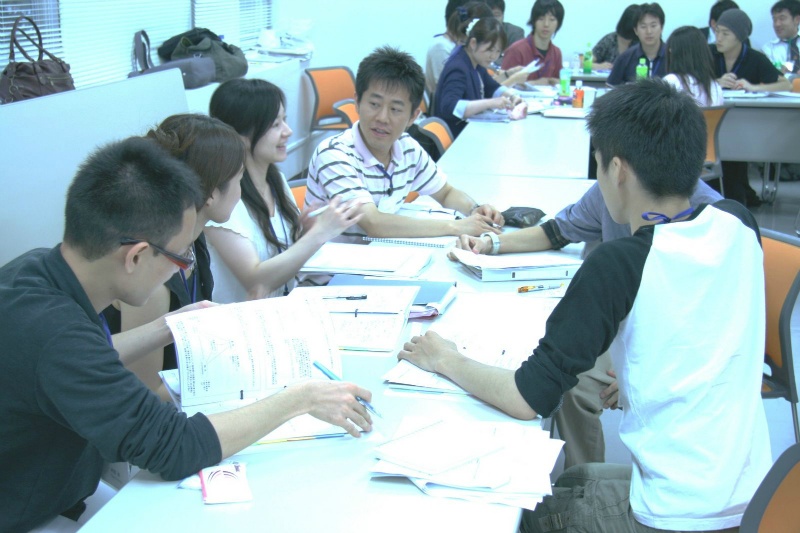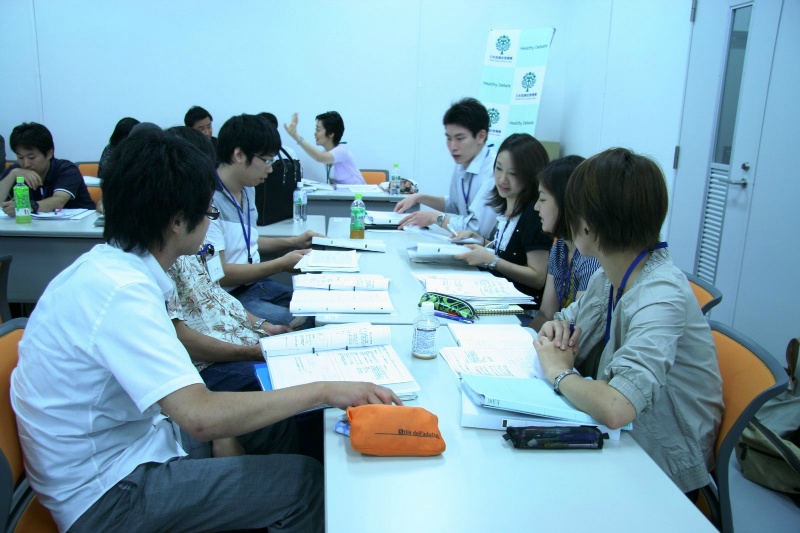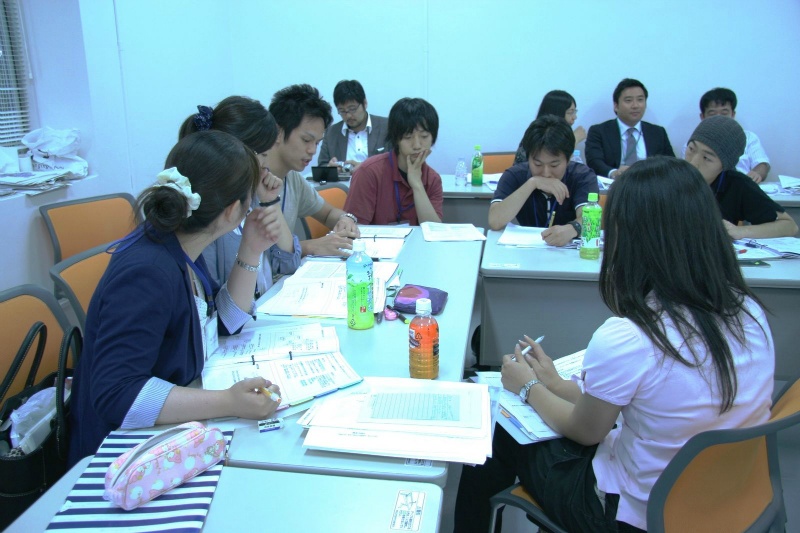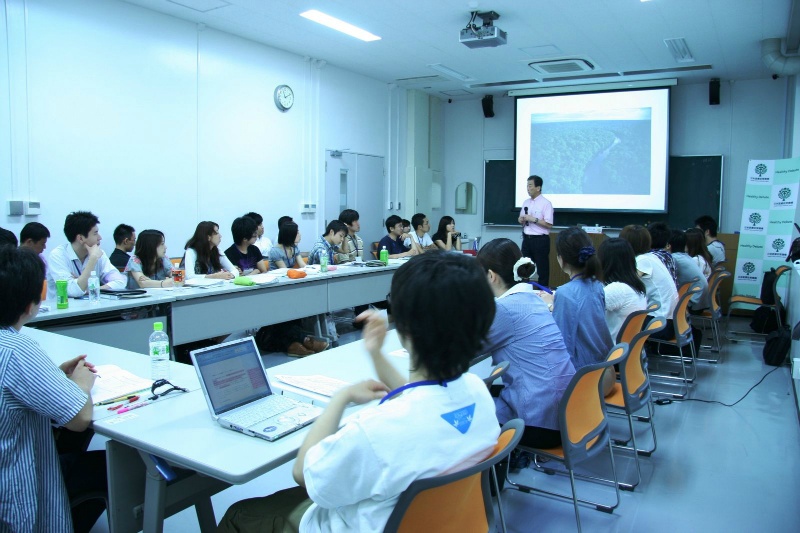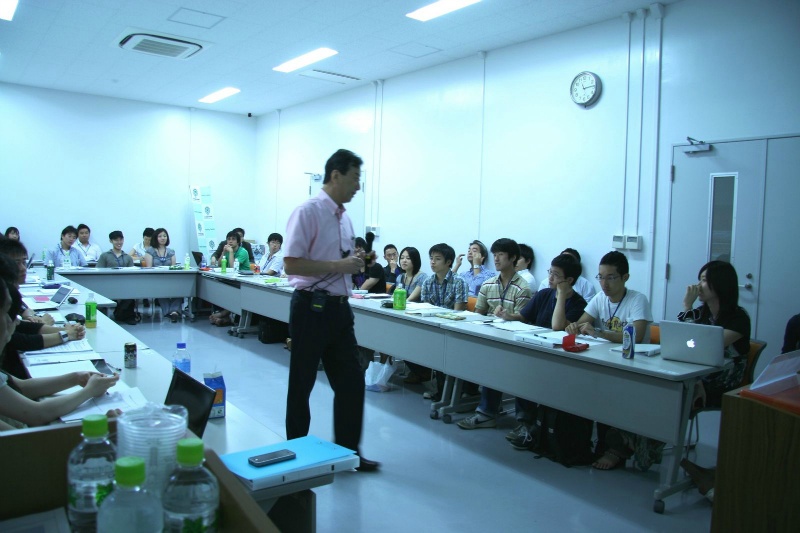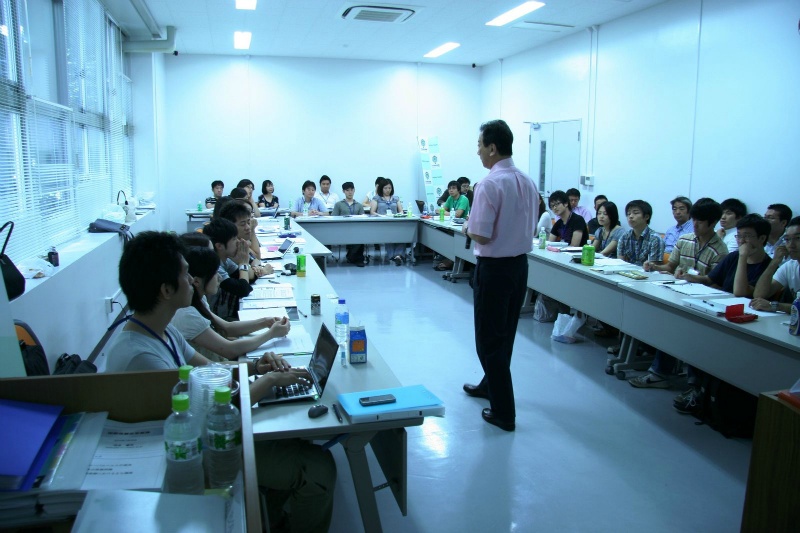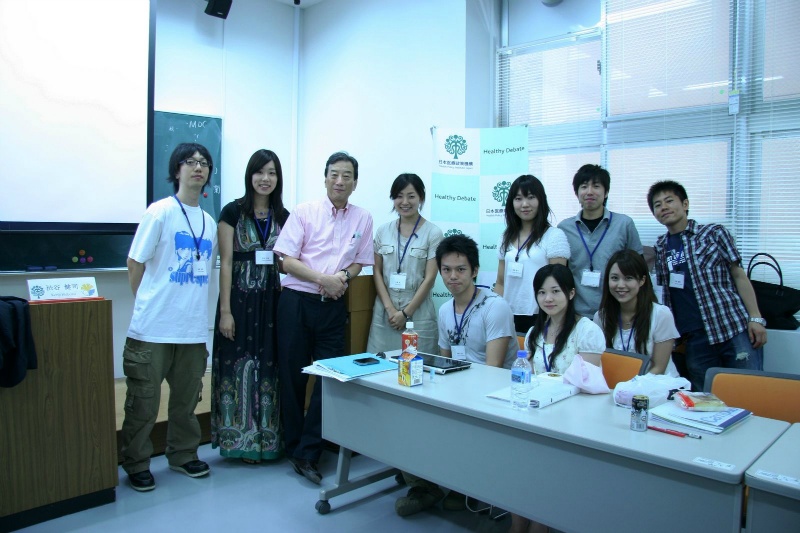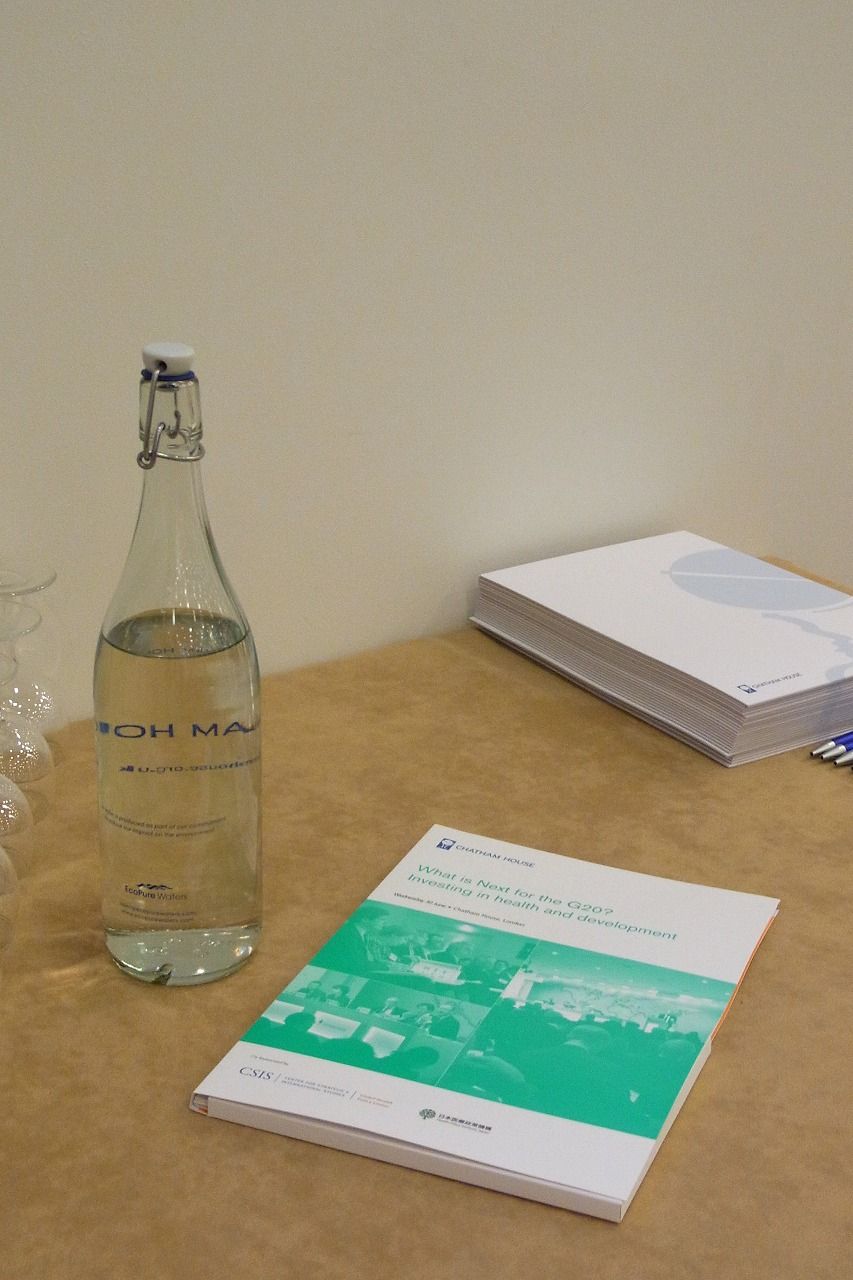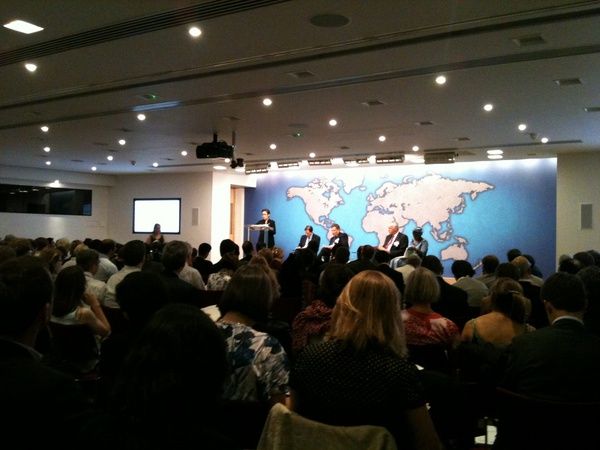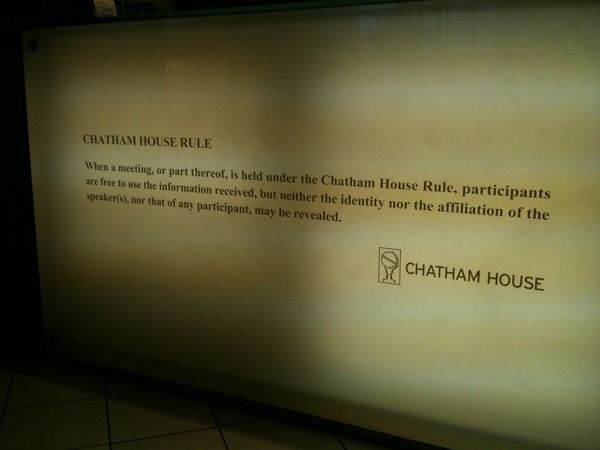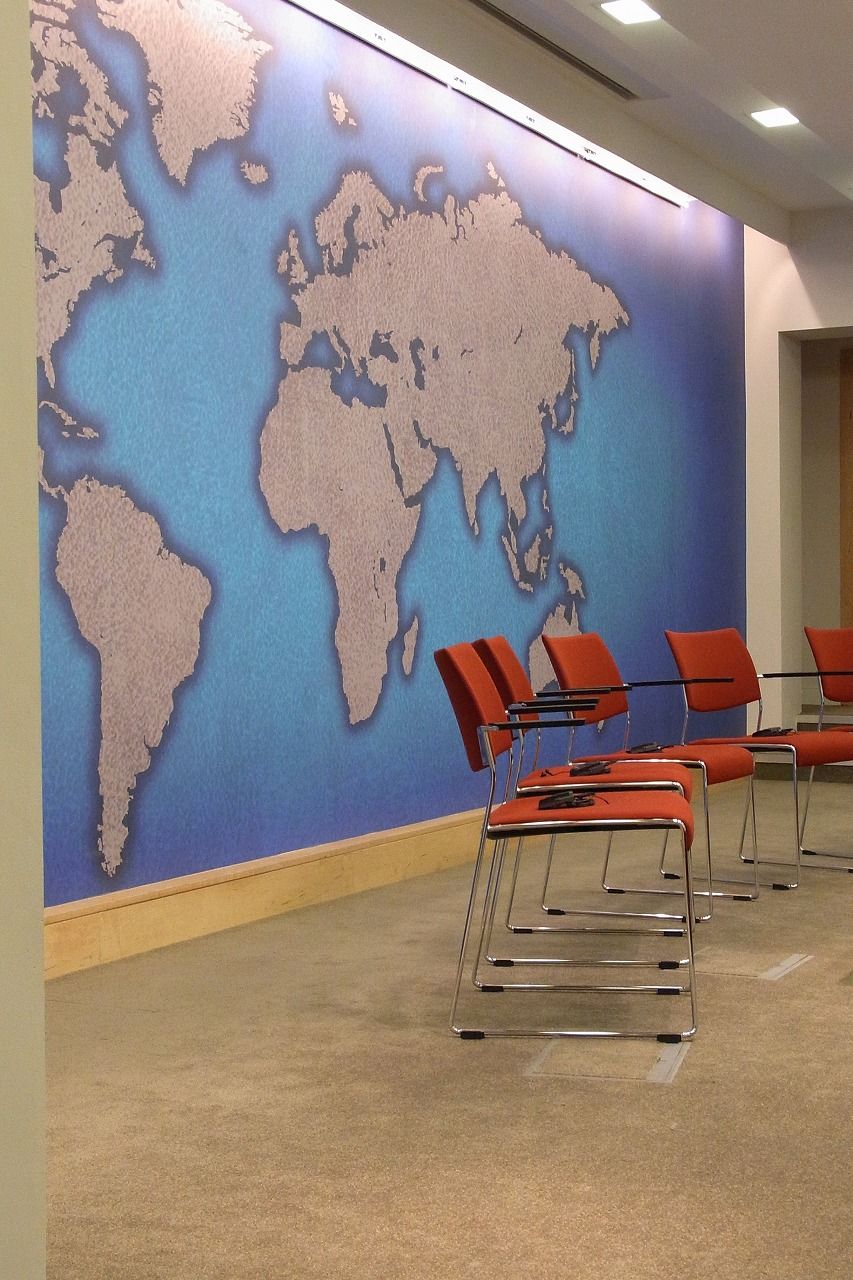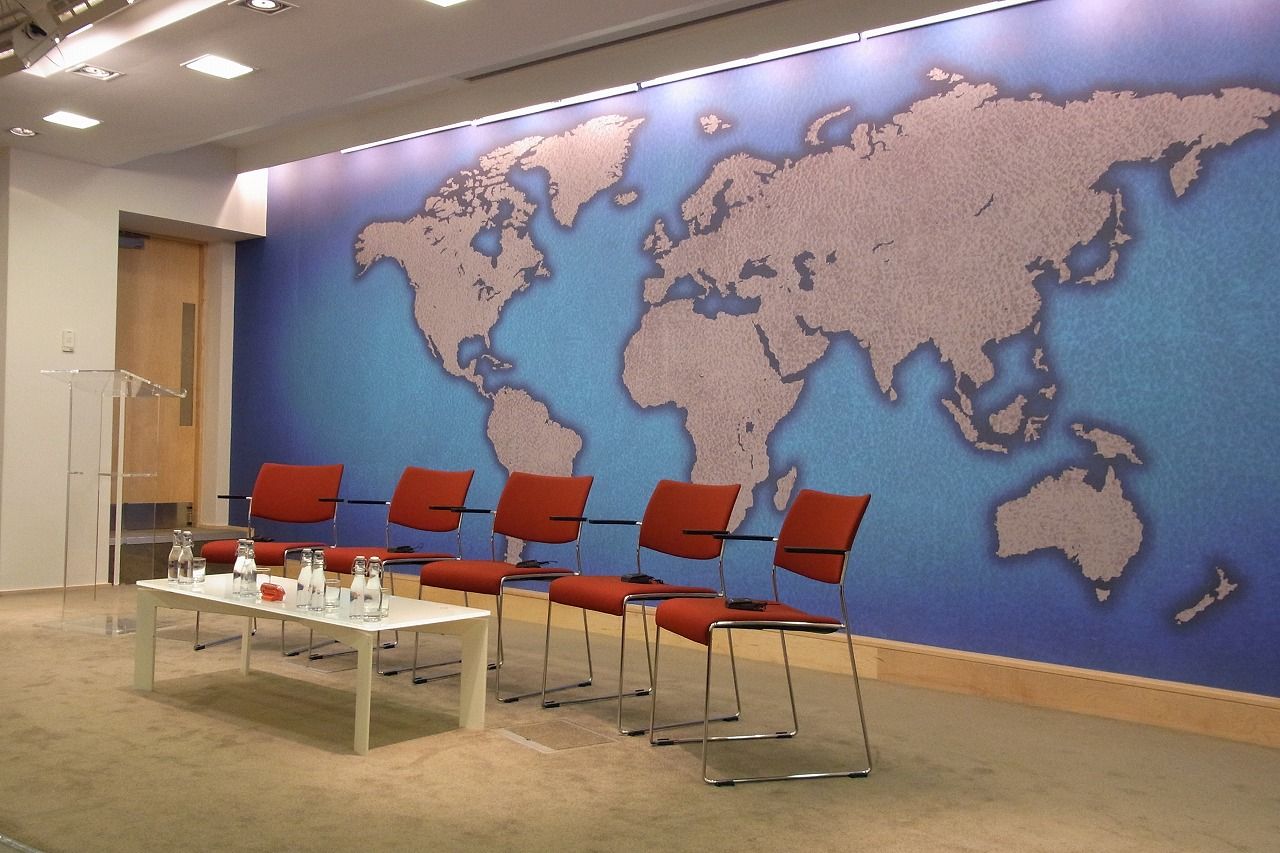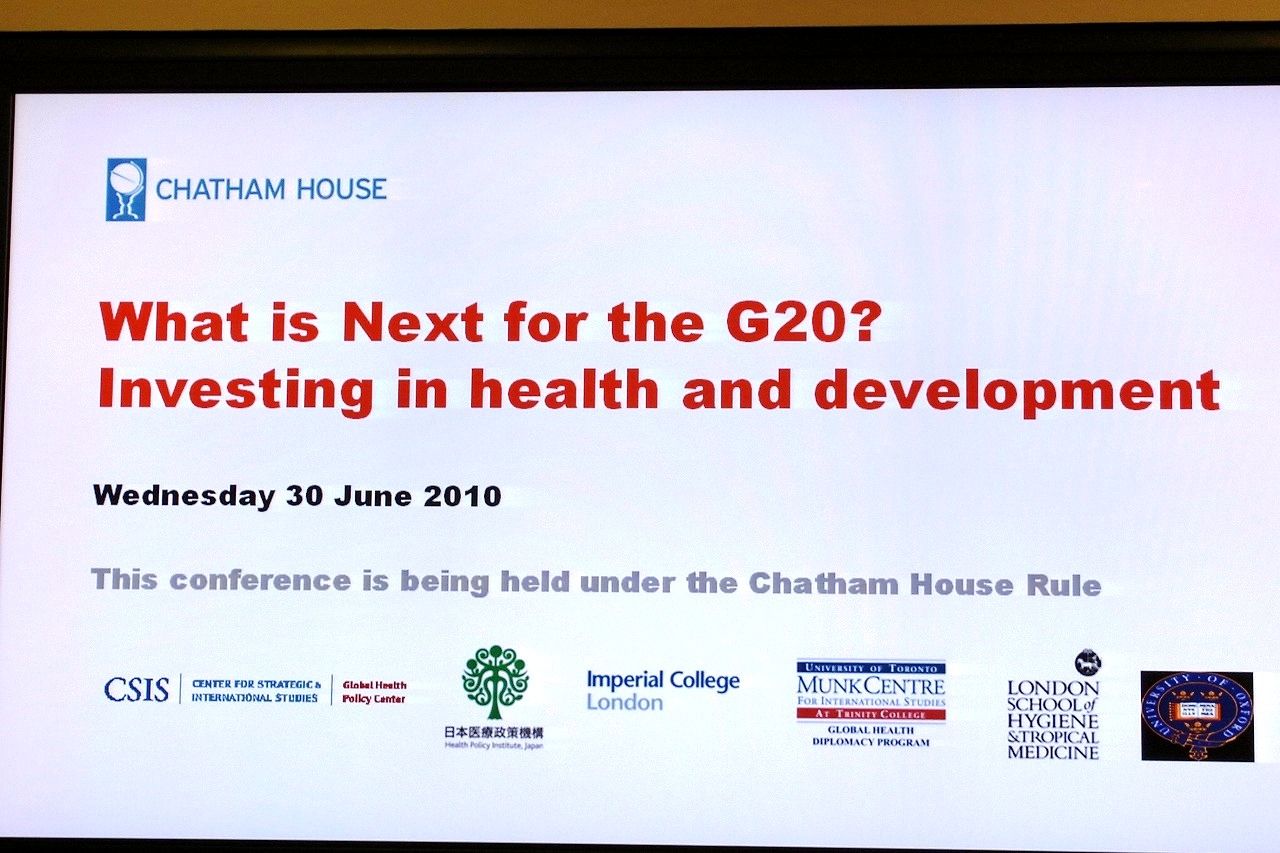Professor Michael Sandel of Harvard University, known and loved by ‘Heated Class: Justice (Hakunetsu Kyoshitsu Justice)’ , a lecture series broadcasted by NHK television, is visiting Japan now. Right after his arrival Dr. Sandel gave his lecture at the Yasuda Auditorium of University of Tokyo. Applications for the seats, as I understand, were more than 10 times of the capacity of the hall? This class is scheduled to be on air at NHK today (August 26th). I am sure that it will be broadcasted again sometime in the future. So please, by all means, watch and hear it.
Professor Sandel is scheduled to give a lecture also on 27th at some other place in Tokyo and I was invited for it but had to be excused because of my other appointments ? such a pity! (I will write a separate column on this later, though…) So, I introduced the organizers several young people to be there in my place. I am sure that this will be a very good experience for them.
I have reported on this class in my blog of May 16th and 19th in which I have made several comments about what I thought was particularly good about Dr. Sandel lecture series ? the way he organized the whole session.
Now, students in Tokyo who were lucky enough to have had a chance to attend those classes ‘live’ will naturally compare them to the lectures they hear every day, their own faculties.
And for students to be given such opportunities to attend many classes of various professors beyond one’s own universities even across national borders, for the classes to be opened to students and teachers as much as possible, are the forces which will work to improve the quality of education. For naturally, everybody will choose what they feel to be better, and teachers will, by witnessing those wonderful lectures and classes, follow the models as their objectives.
In Global Age these good lectures will be ‘open’, thanks to the digital technologies, to public through ‘OCW’, ‘You Tube’, and eventually accumulate ‘global reputations’ leading to the ‘global standards’. Please note that the evaluations of education and faculties will not be limited only within universities or countries.
Such education based on the concept of ‘open classes’ of the ‘global’ age is provided at Hitotsubashi Business School. This is something ‘tuff’ to do for faculties but apparently is good for students – they will be encouraged to put much work in their learning which, in return, would lead to the good reputation of the university in both ‘domestic and international’ arena.
‘Impact factors, citations’ of the research outputs are not the only index important in evaluating universities. Quality of education can also be evaluated globally. Students need and want this.
Of course, the lectures of Professor Sandel can be viewed On-line.

